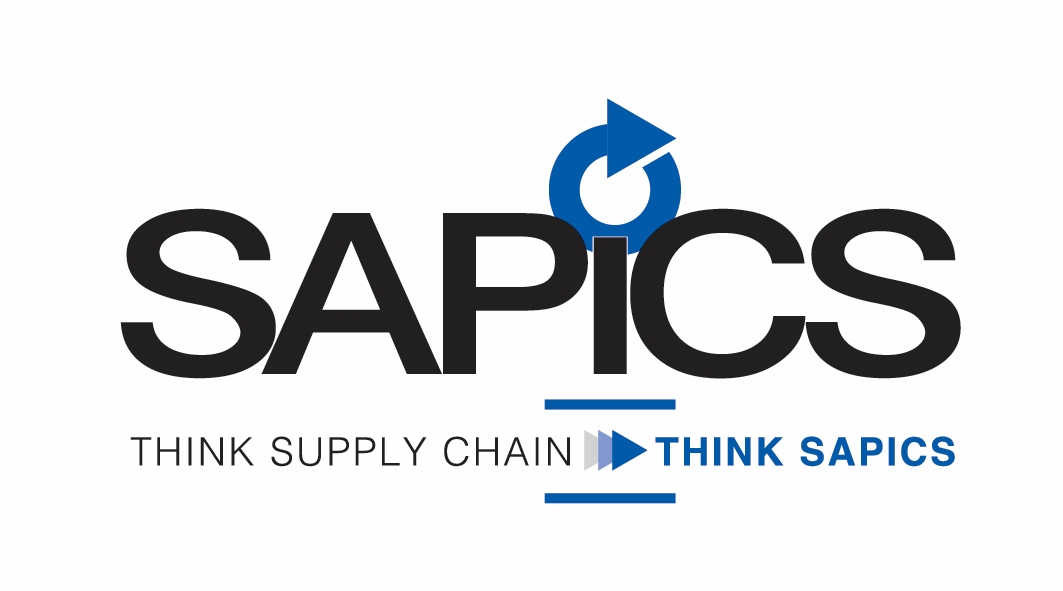tAccording to SAPICS, the Success of SMEs, the backbone of South Africa's economy, the SMEs, is at stake due to a lack of resources, skills and support in key areas of supply chain management.
“Small, medium-sized micro-companies (SMMEs) play a key role in the national economy as national employers, and can compete with the country's disastrous unemployment rates and the driving forces of comprehensive economic growth. The main factor in SMMES' growth and development is understanding best practices in operational and supply chain management, but they are lacking and large companies need to step up,” says MJ Schoemaker, president of SAPICS.
“Small businesses have so many responsibilities and so many things to consider, so important supply chain functions are often overlooked. But it can create and destroy businesses, making it more and more important in today's complex and unstable business environment,” she says.

Companies can support suppliers with SAPICS Small Business Hub sponsorships
Schoemaker says SAPICS Training and Support Program SMMES offers the solution. A critical lifeline for small and medium-sized businesses that have to navigate the turbulent supply chain outlook, SAPICS Small Business Hub is also a valuable conduit for enterprises to support SMME and participate in the development of their suppliers. SAPICS encourages businesses to sponsor suppliers' SMEs and Medium Enterprise Hub memberships. “Companies can earn Company and Supplier Development (ESD) Points while strengthening, elevating SMME and expanding their own supplier base,” Shoemaker expands.
“SMMES training typically focuses on aspects like marketing and finance, leaving operational skills undeveloped. To survive and thrive, SMMES must address the knowledge gaps that exist, including supply chain management.”
For annual membership fees, SMMES can participate in SAPICS Small Business Hub and enjoy the benefits of skill development and knowledge sharing activities such as workshops and webinars. They can expand their professional networks and interact regularly face to face and online with SAPICS supply chain communities across Africa. They can enjoy discount registration fees for industry events, including the annual SAPICS conference, a major event in Africa for supply chain professions.

Topics discussed in the SAPICS Skill Development Event include SMME in particular. It includes introductions to supply chain management, demand planning, sales and operational plans. Covered with case studies and success stories, SMME receives advice from industry leaders. Accredited education programs are also offered, allowing businesses to sponsor them to grow and develop their suppliers. These are topics for common entrepreneurs such as business management and basic finance, focusing on specific aspects of supply chain management, such as warehouse management, inventory replenishment principles, operational planning and scheduling, lean manufacturing principles, supply chain and material management.
SAPICS SMME Support Line allows small business owners to receive advice and support.
“The SMME remains when it comes to reaping the benefits of supply chain optimization, including increased efficiency and reduced costs, but this can be changed and businesses have a role to play,” emphasizes Shoemaker.
For more information about SAPICS Small Business Hub, visit https://www.sapics.org/sapics-small-business-hub-members.


